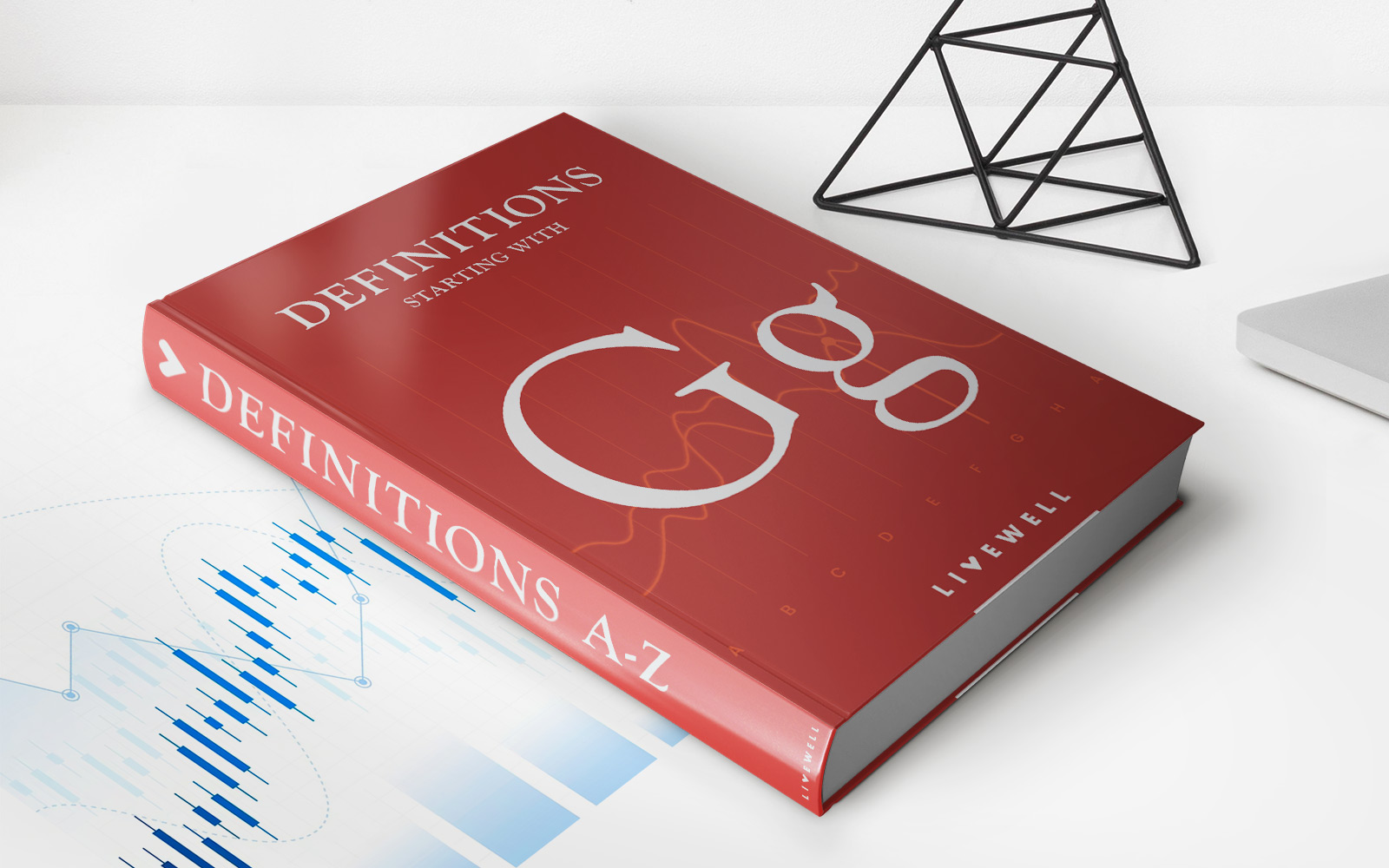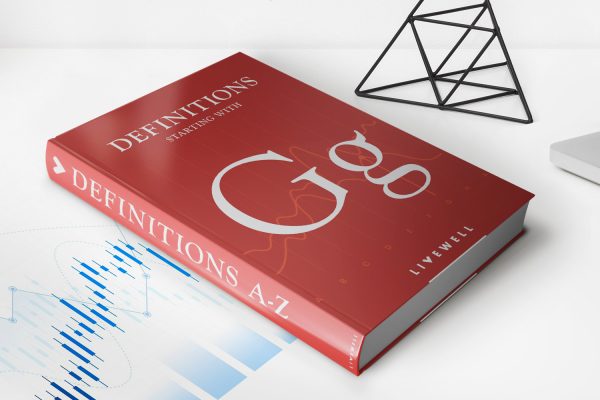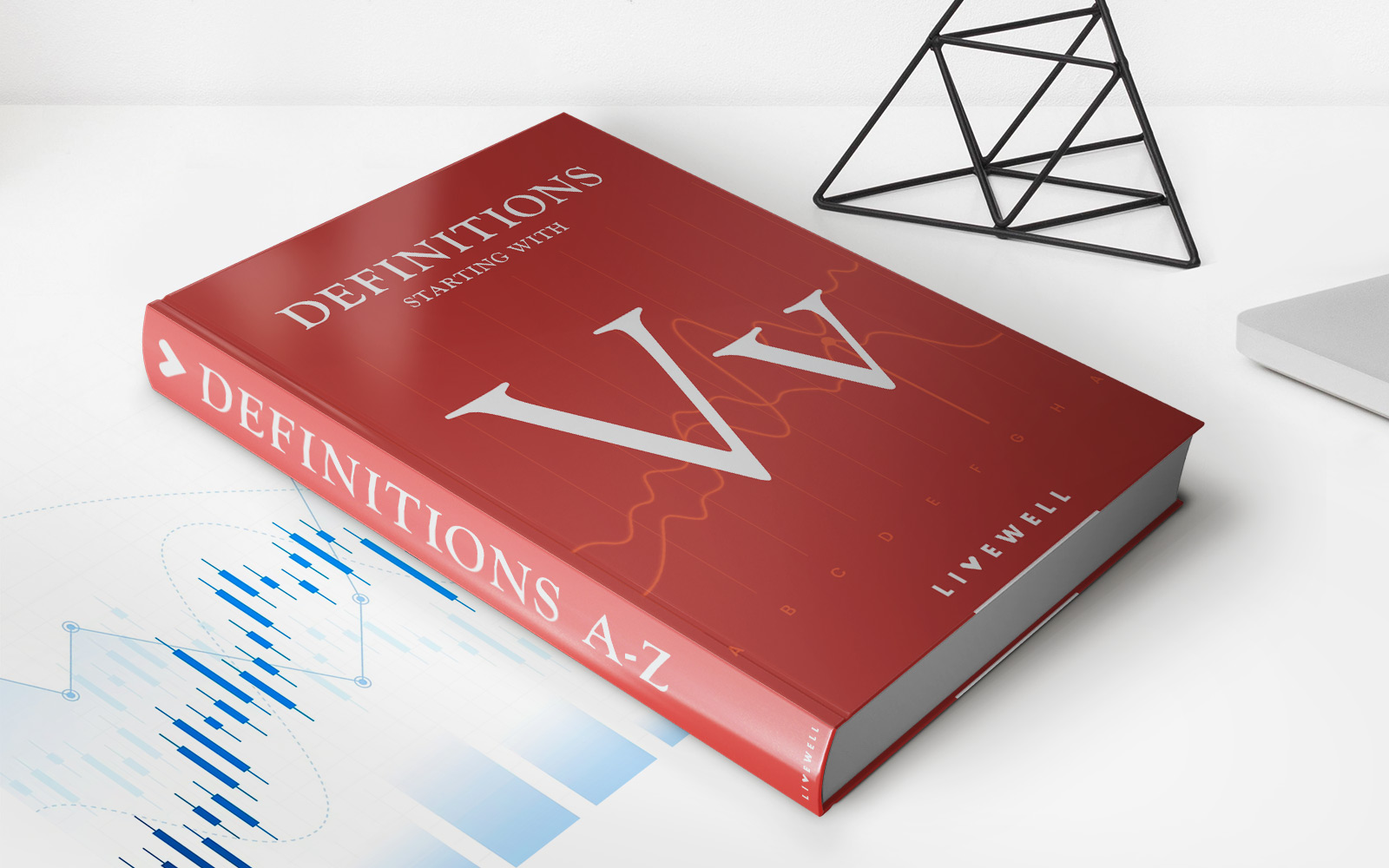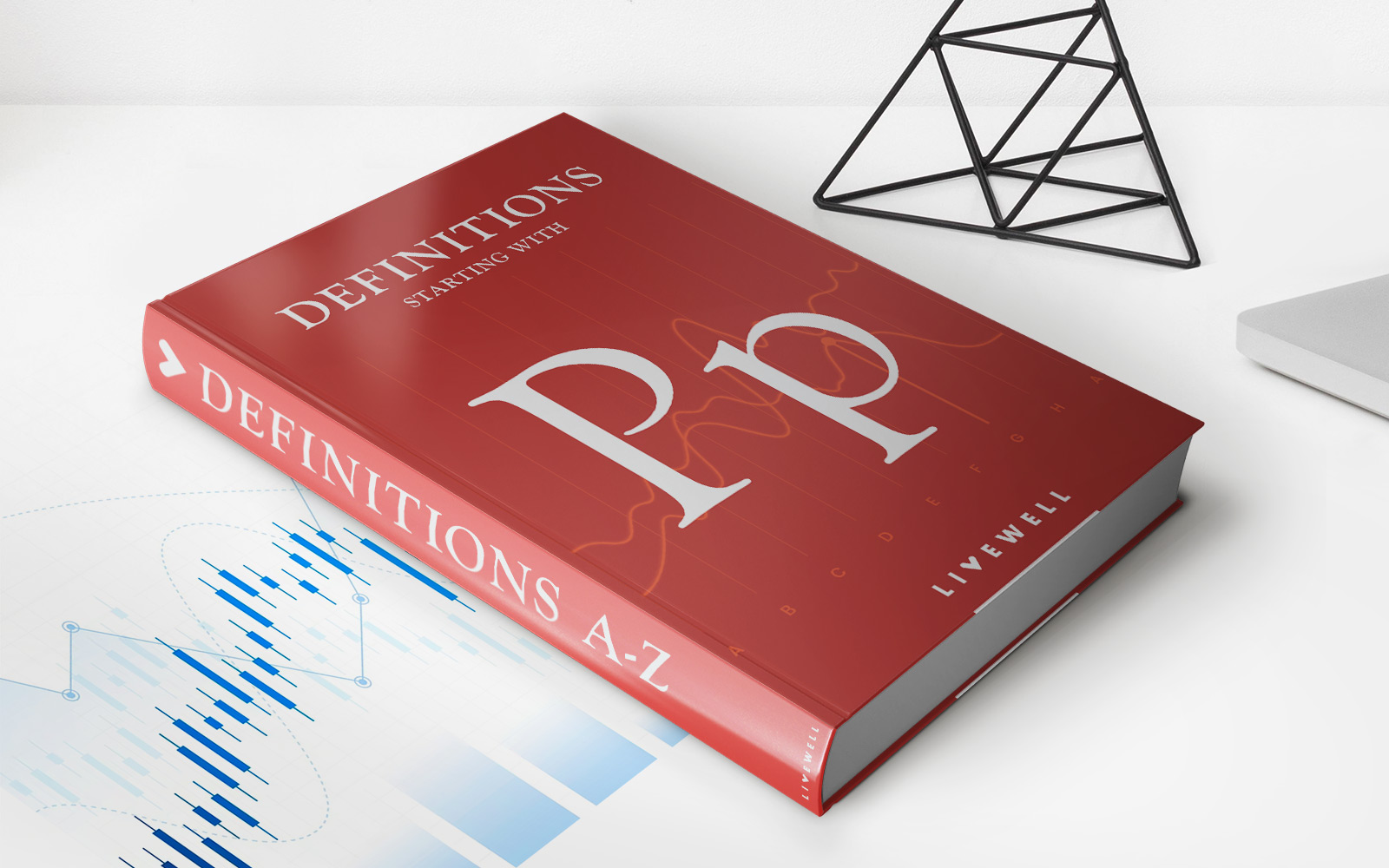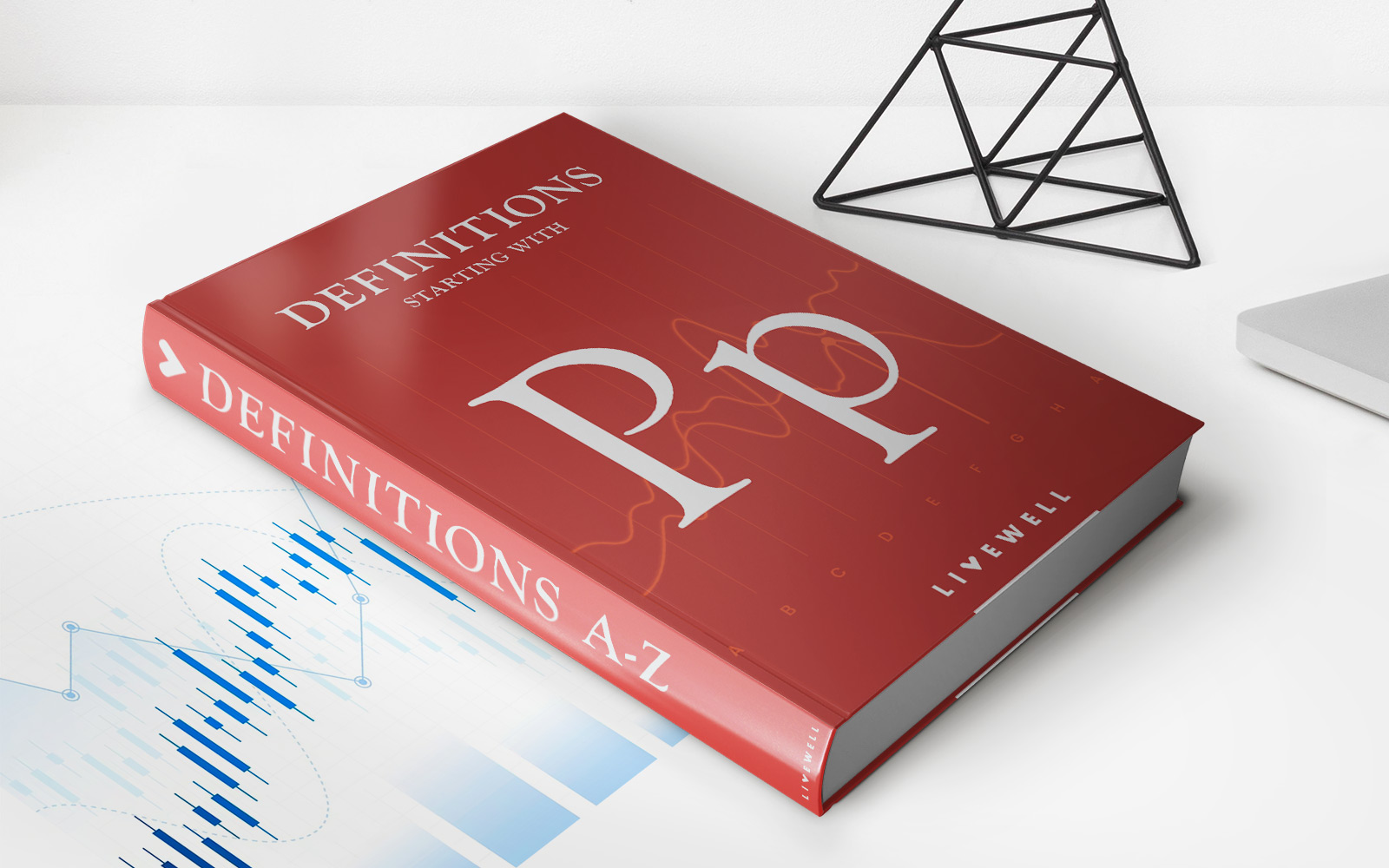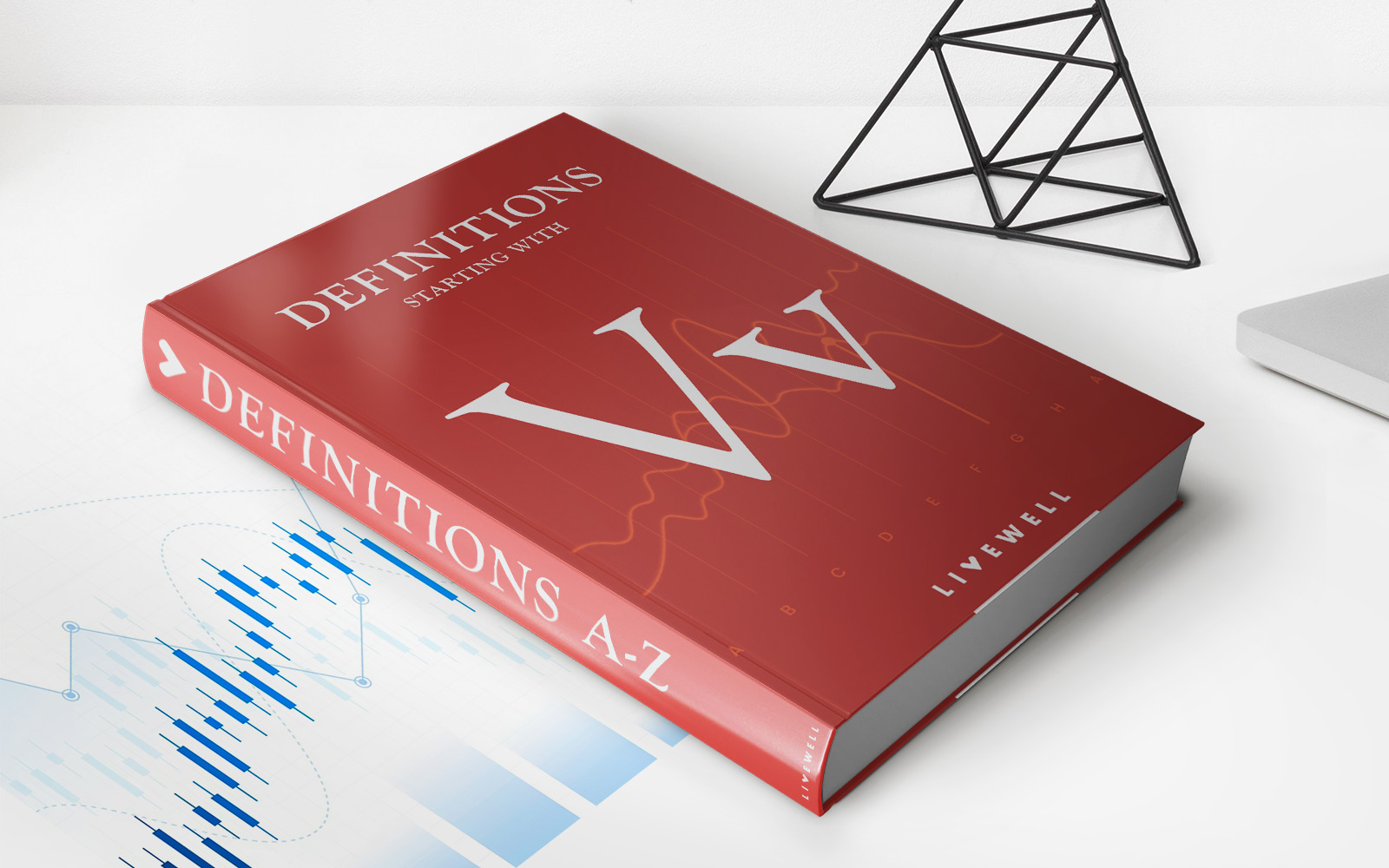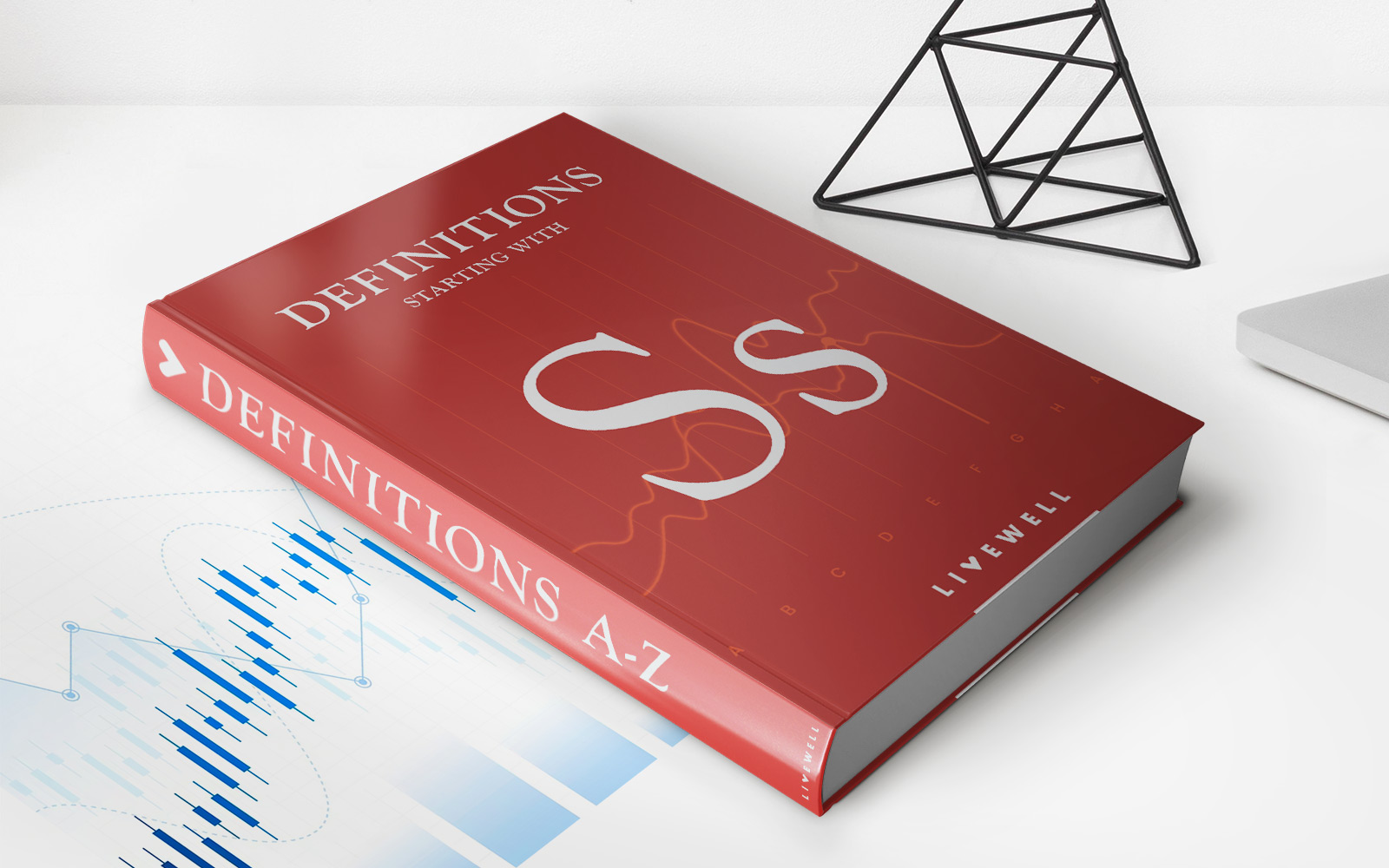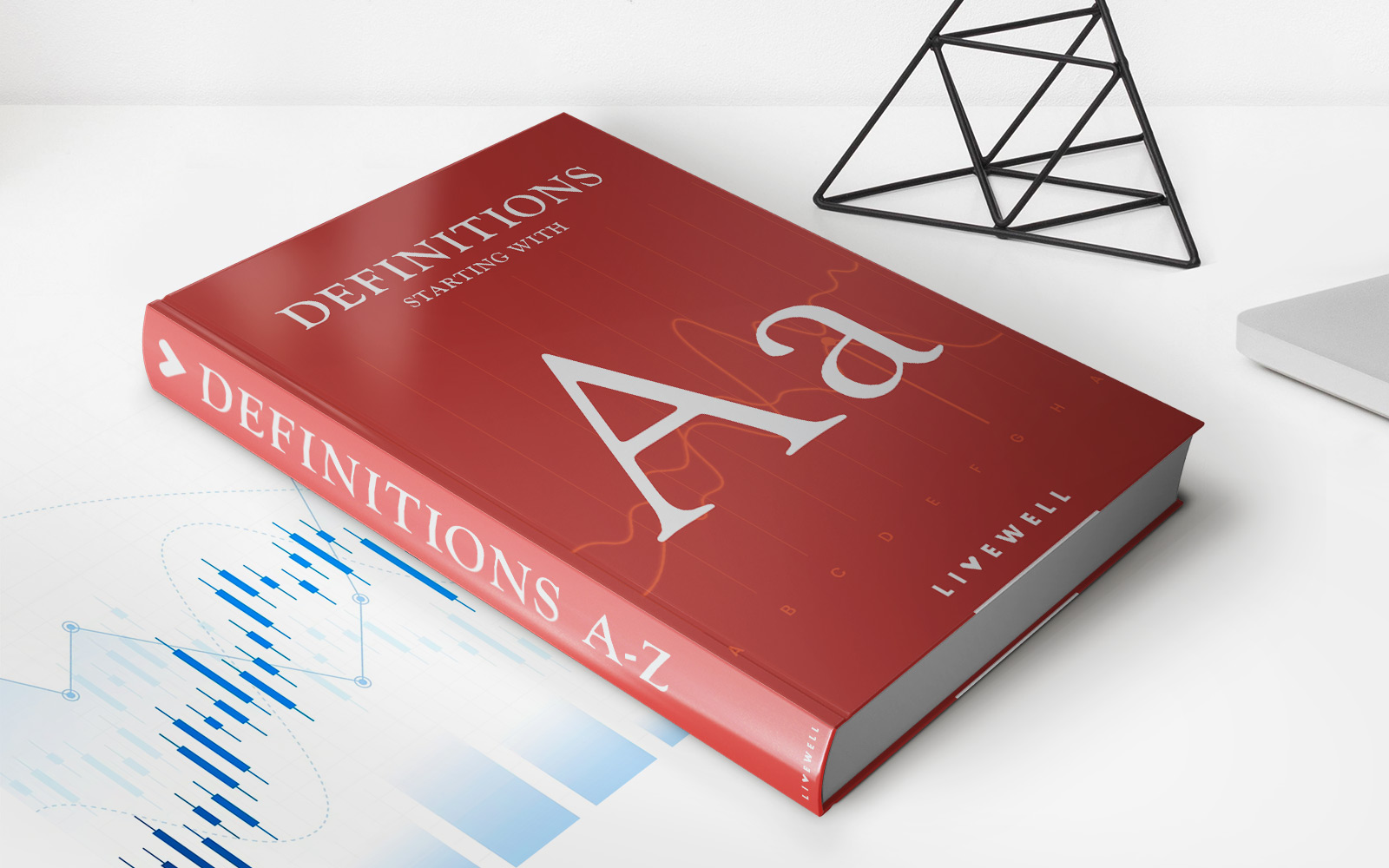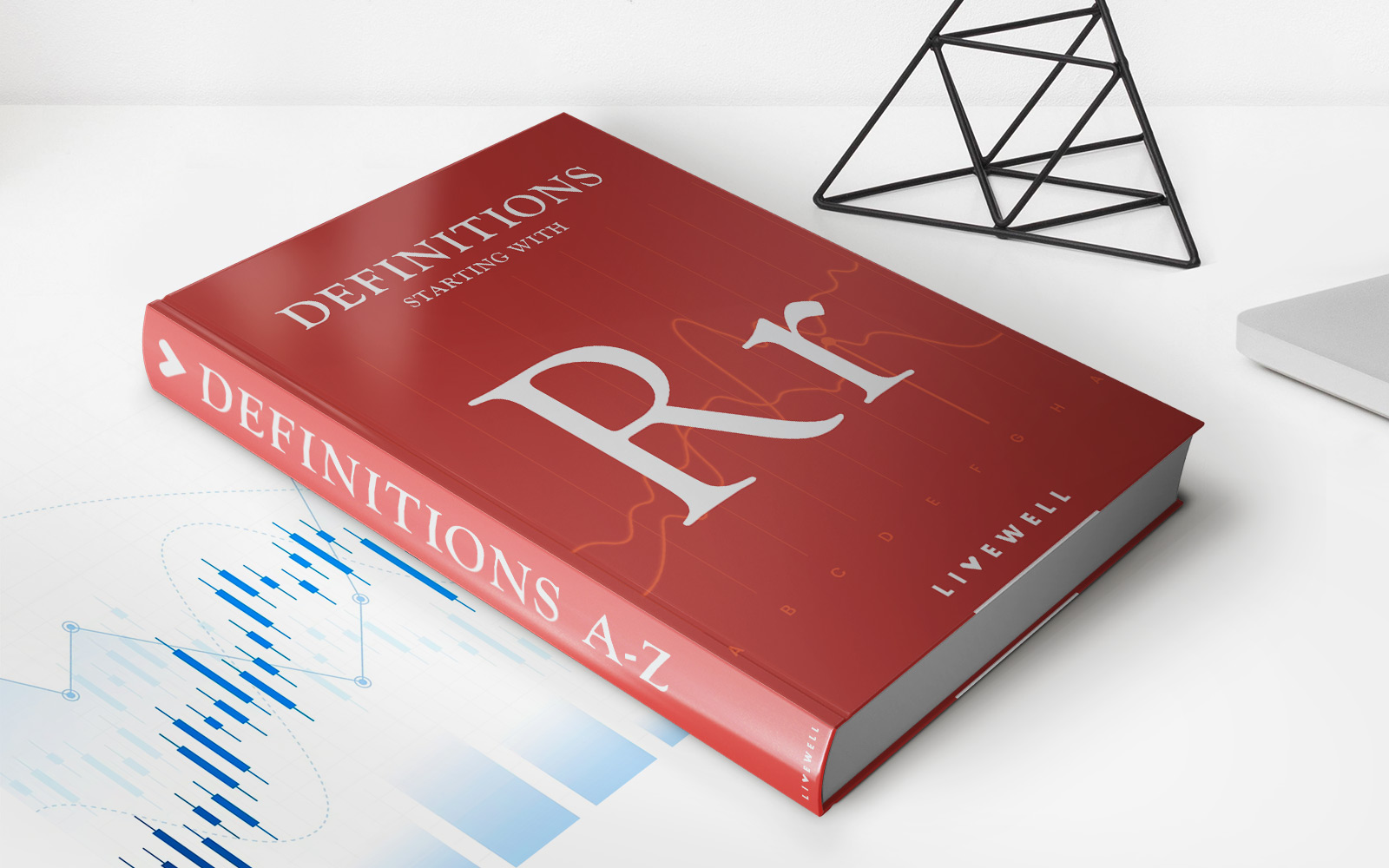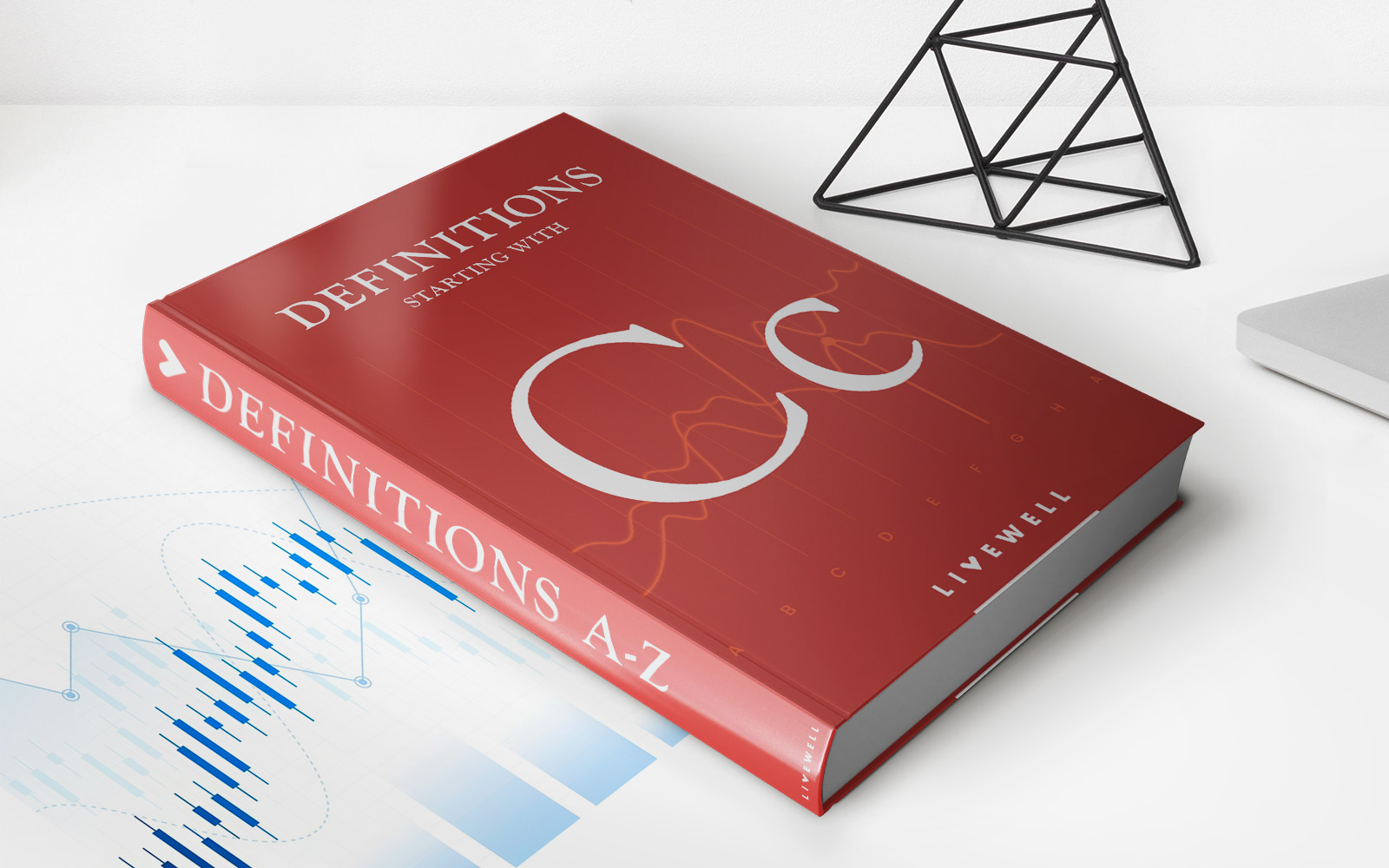

Finance
Confusion Of Goods Definition
Published: October 31, 2023
Learn the definition of "confusion of goods" in finance and how it affects transactions, assets, and liabilities. Understand its implications in the financial industry.
(Many of the links in this article redirect to a specific reviewed product. Your purchase of these products through affiliate links helps to generate commission for LiveWell, at no extra cost. Learn more)
The Confusion of Goods Definition: Understanding the Basics
When it comes to financial matters, understanding key concepts can often mean the difference between success and confusion. One such concept that is important to grasp is the Confusion of Goods. But what exactly does this term mean and how does it apply to personal finance? In this blog post, we’ll explore the Confusion of Goods definition and discuss its relevance to your financial well-being.
Key Takeaways:
- The Confusion of Goods refers to a legal principle that deals with the co-mingling of assets or goods to the point where their individual characteristics become indistinguishable.
- Having a clear understanding of the Confusion of Goods can help protect your financial interests and ensure that you are aware of any potential risks or liabilities.
What is the Confusion of Goods?
The Confusion of Goods is a legal principle that essentially states that when two or more individuals have their goods or assets mixed together to the point where they cannot be easily identified as separate entities, they become “confused”. In other words, their individual characteristics or ownership rights become indistinguishable.
This concept can be particularly relevant in various financial situations, such as joint ownership of property, shared bank accounts, or business partnerships. When assets are combined, it can create ambiguity in terms of ownership, rights, and obligations, leading to potential disputes or difficulties in the event of separation or dissolution.
How Does Confusion of Goods Impact personal finances?
Whether you are considering entering into a joint venture, starting a business partnership, or sharing financial resources with someone else, understanding the Confusion of Goods is vital. Here’s how it can impact your personal finances:
- Asset Identification: When assets become confused, it becomes challenging to identify and differentiate between what belongs to each party involved. This can create complexities in terms of determining ownership, value, and legal rights.
- Liability: Confusion of Goods can also impact liability. For example, if you have a joint bank account with someone and they incur debts, your funds may be exposed to potential claims, irrespective of individual contributions.
- Division of Assets: In the event of separation or dissolution, the Confusion of Goods can complicate the division of assets. Without proper documentation or agreements in place, it can be challenging to determine how assets should be divided between the parties.
Protecting Yourself from the Confusion of Goods
Now that you understand the Confusion of Goods, it’s important to take steps to protect yourself and your financial interests:
- Clear Documentation: Ensure that you have clear documentation stating ownership rights, contributions, and obligations. A written agreement can help avoid potential confusion in the future and provide a legal basis for resolving any disputes.
- Separate Finances: When possible, keep your personal assets separate from shared or joint assets. Maintaining separate accounts can help maintain clarity and prevent the Confusion of Goods.
- Regular Communication: Keep open lines of communication with any individuals with whom you share financial resources. Regularly reviewing and discussing financial matters can help avoid misunderstandings and potential conflicts.
By being proactive in safeguarding your financial interests, you can minimize the risks associated with the Confusion of Goods and ensure a smooth financial journey.
Conclusion
The Confusion of Goods is an essential concept to understand in the realm of personal finance. It involves the co-mingling of assets to the point where their distinct characteristics become indistinguishable. By being aware of this principle and taking the necessary steps to protect yourself, such as clear documentation and open communication, you can navigate financial situations with confidence and reduce the potential for disputes. Remember, knowledge is power when it comes to your finances, so stay informed and stay in control.
